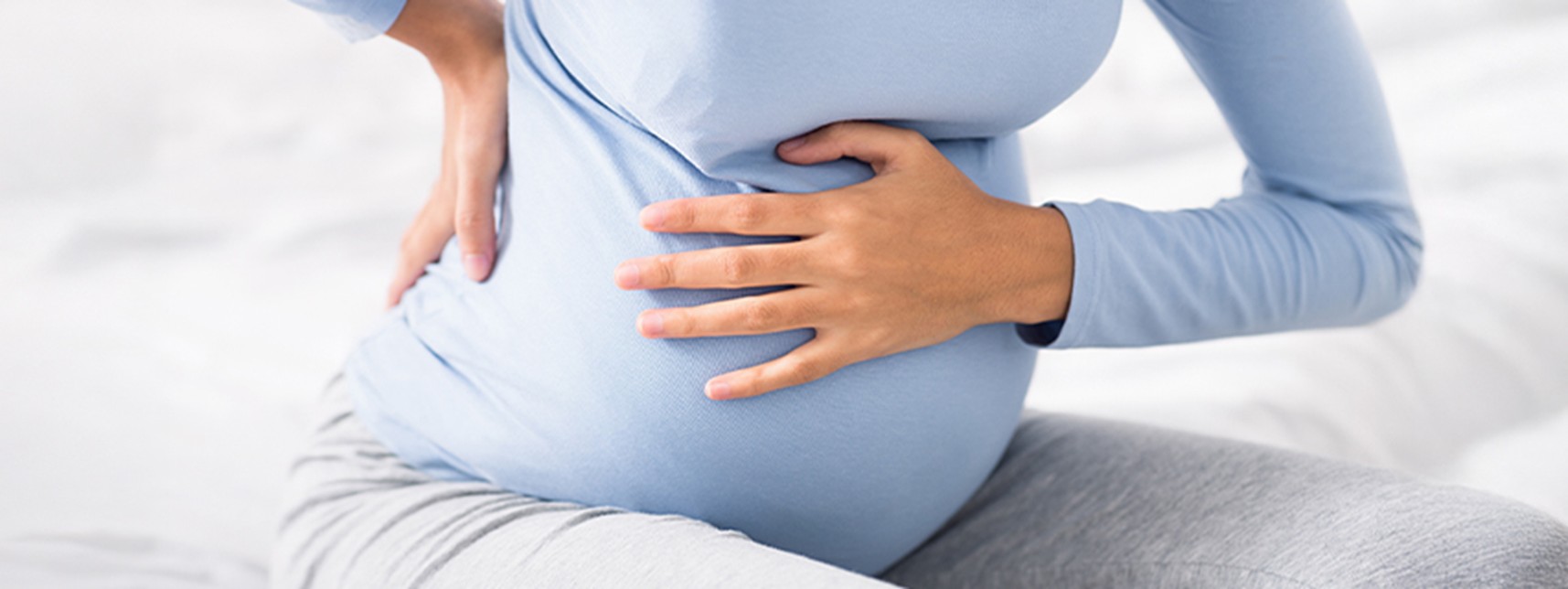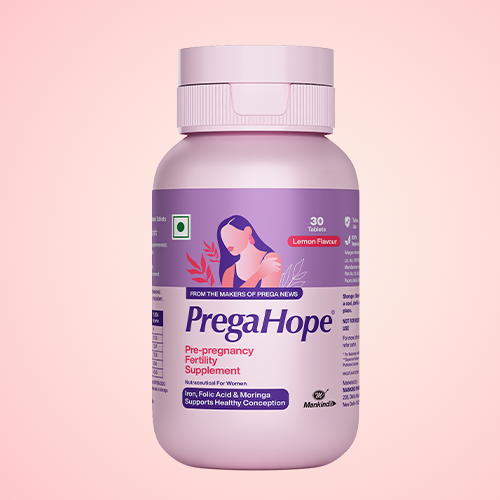What is the first trimester of pregnancy?
Pregnancy is one of life’s most transformative experiences. From the moment you see those two pink lines on your pregnancy test, your journey toward motherhood begins. But what exactly happens in the early days of pregnancy? If you’re wondering what the first trimester of pregnancy is, this guide will help you understand the physical, emotional, and developmental milestones that are a part of this critical phase.
First Trimester of Pregnancy
The first trimester of pregnancy refers to the initial 12 weeks, or roughly the first three months. It typically starts from the first day of your last menstrual period (LMP), not from conception and lasts until the end of week 12. During this phase, the fertilized egg implants itself in the uterine lining, and cells begin to divide rapidly, forming the embryo. This phase is very crucial for the development of the baby’s body structure. By the time your first trimester ends, your baby’s heart starts to beat.
For many women, this phase brings a mix of excitement, uncertainty, mixed feelings, and new sensations – both emotional and physical.
What are the symptoms for the first month of pregnancy?

The first month of pregnancy often goes unnoticed by many women, especially if they aren’t actively trying to conceive. You can expect a few emotional and physical changes to happen in your body. Here are a few signs of pregnancy in the first month.
Upset Stomach
Often called morning sickness, it is common to feel like vomiting during the first trimester of pregnancy. It is triggered by hormonal changes and can start as early as two weeks after conception. You can experience vomiting sensations at any time during the day or night.
Constant Mood Swings
It is common for pregnant women to experience high levels of mood swings, ranging from joy to extreme irritability, due to sudden hormonal shifts occurring in the body, especially in the first trimester.
Food Cravings
When you are pregnant, you will notice a change in your taste preferences in the first trimester of pregnancy. You will also experience food aversions where you dislike a specific food. Certain smells of food seem more intense and can be attributed to the hormones undergoing massive changes.
Frequent Urination
The blood flow across the body increases during the first trimester of pregnancy. The increased blood flow to the kidneys due to hormonal shifts leads to more frequent trips to the washroom for urination.
Swollen or Tender Breasts
The increasing hormonal changes can make your breasts sore or more sensitive. Once the body adjusts after a few weeks of the first trimester of pregnancy, you are likely to experience less discomfort and pain.
Constipation issues
Hormonal changes release progesterone, which can slow down the bowel movements while processing food through the digestive system. Besides, the growing uterus can put some pressure on the bowel movements, leading to bloating and constipation issues.
Missed Periods
A missed menstrual cycle is often the earliest and most obvious sign of pregnancy. If your periods are regular and you miss one, it may be time to take a pregnancy test.
Also Read – What are the Symptoms of Pregnancy
What are the emotional changes during the first trimester of pregnancy?
Hormonal changes occurring during the first trimester of pregnancy can make you feel moody, irritable, and tired. Although you are thrilled about welcoming a new baby into your life, it can also add stress to your life. Naturally, you’ll feel concerned about your baby’s health in the developmental stage. It is normal to feel a whirlwind of emotional feelings, like joy, anxiety, excitement, and fear. Hormonal shifts can lead to increased sensitivity and emotional outbursts, leading to intense mental fatigue and emotional instability.
Tips to stay healthy during the first trimester of pregnancy
To support both your well-being and your baby’s development during the first trimester, consider the following tips:
- It is best to avoid alcohol and drinks when you are pregnant. Even light drinking habits can cause long-term health issues for you and your baby, especially during the first trimester of pregnancy.
- Eat nutritious foods during pregnancy to meet your baby’s health needs. It is recommended to eat Fiber-rich food while you are going through the first trimester of pregnancy.
- It is advisable to Limit caffeine intake to less than 200 mg per day, as per medical guidelines. Opt for water, milk, or fresh juices instead
- Indulge in light physical activity during the first trimester of pregnancy as it prevents any health complications for you and your baby.
- Most importantly, drink plenty of water as it supports increased blood flow and prevents physical or mental fatigue.
- Schedule your prenatal visit on time. It should be ideally between weeks 6 and 8. This check-up ensures everything is progressing normally.
- Get plenty of rest. Your body is already going through a lot of hormonal changes and working overtime. Rest is crucial for the betterment of your baby’s health.
Also Read – The Road of Pregnancy
This marks the end of the detailed blog on the first trimester of pregnancy. From the earliest signs of pregnancy to the development of vital organs in your growing baby, the first 12 weeks set the stage for the rest of your pregnancy journey. Although it comes with a fair set of challenges like morning sickness, mood swings, and fatigue, the first trimester of pregnancy is also filled with awe and anticipation. However, what matters the most is taking care of your health and staying in constant touch with your doctor.
Frequently Asked Questions
Q. How many months is the first trimester?
A. The first trimester of pregnancy lasts for three months, beginning from the time of conception to the end of the 12th week.
Q. What is the hardest week in the first trimester?
A. Generally, weeks eight and nine are considered the hardest weeks in the first trimester of pregnancy. During these two weeks, you may feel extremely tired and queasy, facing constant mood swings.
Q. How can I take care of myself during the first trimester of pregnancy?
A. It is recommended that you consume nutritious foods, stay hydrated most time, avoid alcohol and caffeine drinks, take the necessary prenatal vitamins, and schedule your check up between the 6th and 8th week.
Q. What is the sign of pregnancy in the first month that most women tend to notice?
A. The earliest sign of pregnancy in the first month is a missed period. Other signs include food aversions, mild cramps, nausea, and increased sensitivity in the breasts.













































Leave a comment